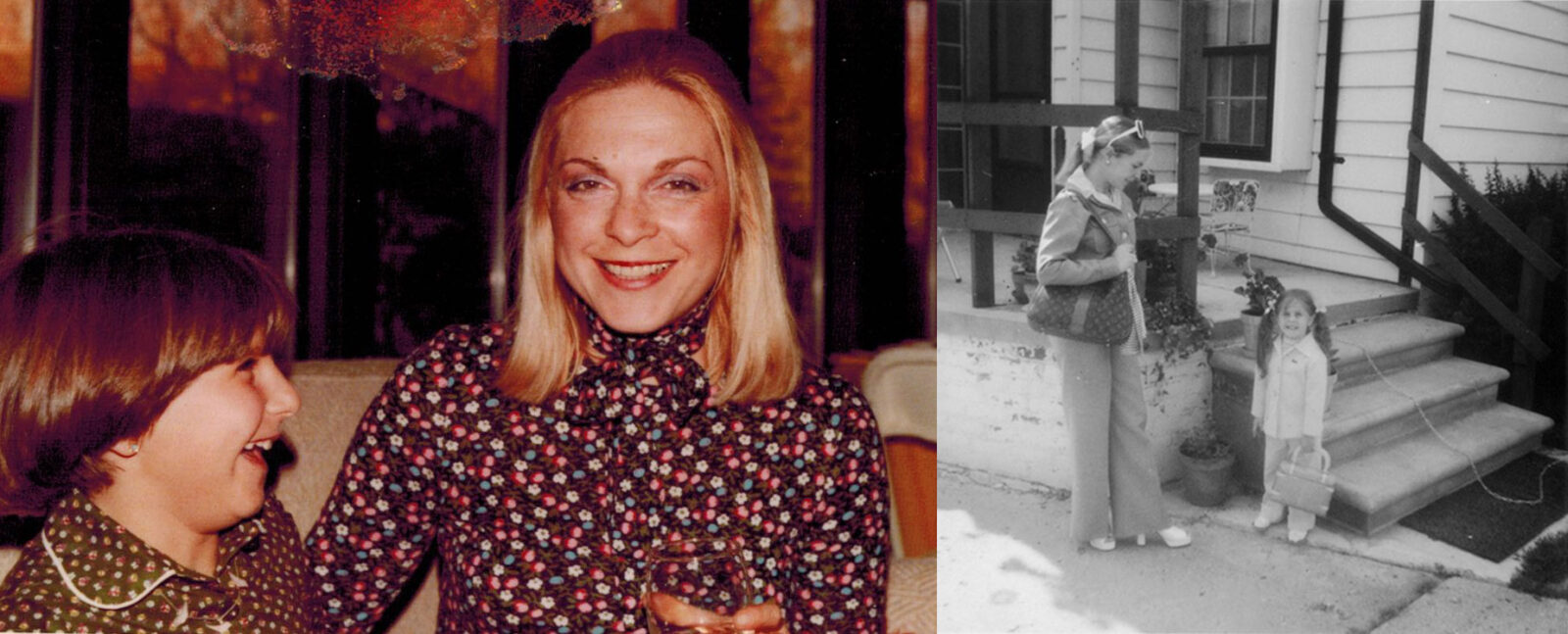inspiration
a message from our writer, Brooke:

This film is rooted in memory, based on an experience that I had as a young girl ‘Up North’ in Petoskey, Michigan. I’d forgotten about it until after the death of my mother and my subsequent reunion with her younger sister. As a child, I’d heard this story retold as an example of my precociousness. But as an adult, I saw it quite differently. To me now, the story is insidious and emblematic as to how I was taught to think about gender and money. Moreover, I had never before seen the story through my aunt’s point of view. Once I did that, it was impossible to ignore the power dynamic between the two women and the girl watching them — and learning. In my mother’s playbook, pretty women don’t pay for themselves. In my playbook, those are sobering — and dangerous– ideas to feed our daughters.
I have long been obsessed with the films Hideous Kinky and Entre Nous which employ a similar trick in point-of-view. Both stories are told – very subtly and skillfully — through the lens of young, invisible-ish daughters. We focus on the charismatic mother. But later, we feel the complex web of emotion and ambivalence through the gaze of her offspring. How do young women hold, internalize, and catalogue the experience of our mothers, who essentially shape our world view?
At a time when so many things are changing, it is imperative to catch these messages, to correct course and teach our children self-respect.
development & vision
a note from our director, Jennifer

As a director and a mother of a young child, I first felt drawn to Brooke’s script as it very honestly depicts the everyday ways we abandon our children when caught in fixed patterns of behavior in our adult relationships. The script doesn’t demonize or shame the characters, but rather bares their flaws and limitations in a very human way.
Pretty Doesn’t Hurt is about gender dynamics and money. It’s also about how race is inextricably tied up with both when everyone at the table isn’t white.
As we workshopped the script during this year of global reckoning around racism, we deeply investigated the very layered interaction between the adult characters and continue to do so as we move toward production.
I envision an intimate relationship between the camera and the actors, with close up shots to draw the audience in. With this style of filmmaking, we can live through the moments with Julia, Mindy, Jenna, and Steve, by getting close to the actors and staying with them.
I want the audience to feel that they really shouldn’t be watching certain moments unfold, but that they can’t look away. Stories that reveal ourselves to ourselves are stories worth telling.
